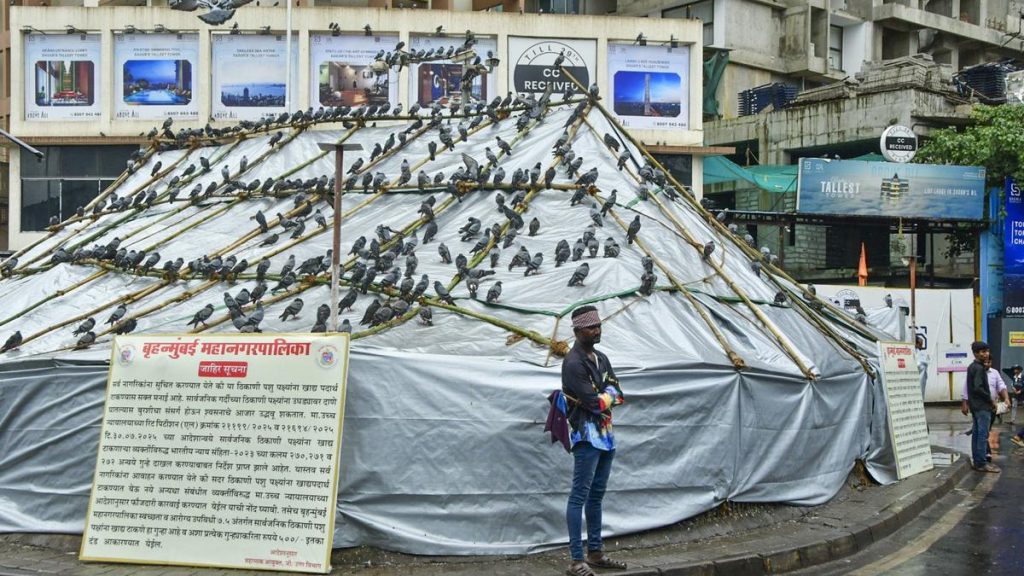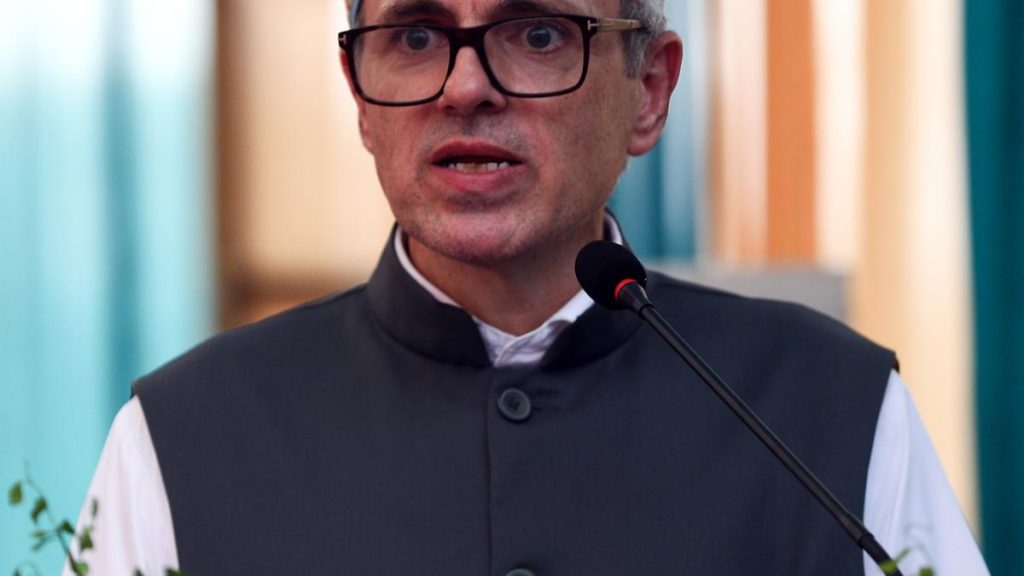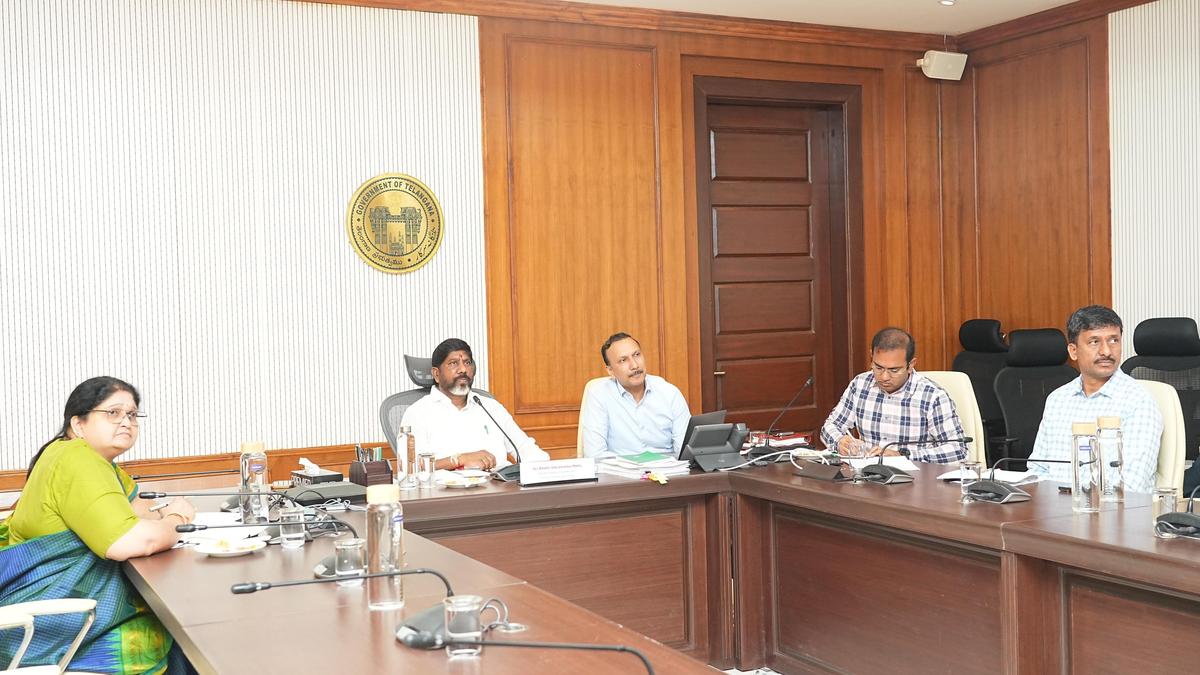Now Reading: Govt Prioritizes Women, Donors’ Kin in Organ Transplant Policy
-
01
Govt Prioritizes Women, Donors’ Kin in Organ Transplant Policy
Govt Prioritizes Women, Donors’ Kin in Organ Transplant Policy
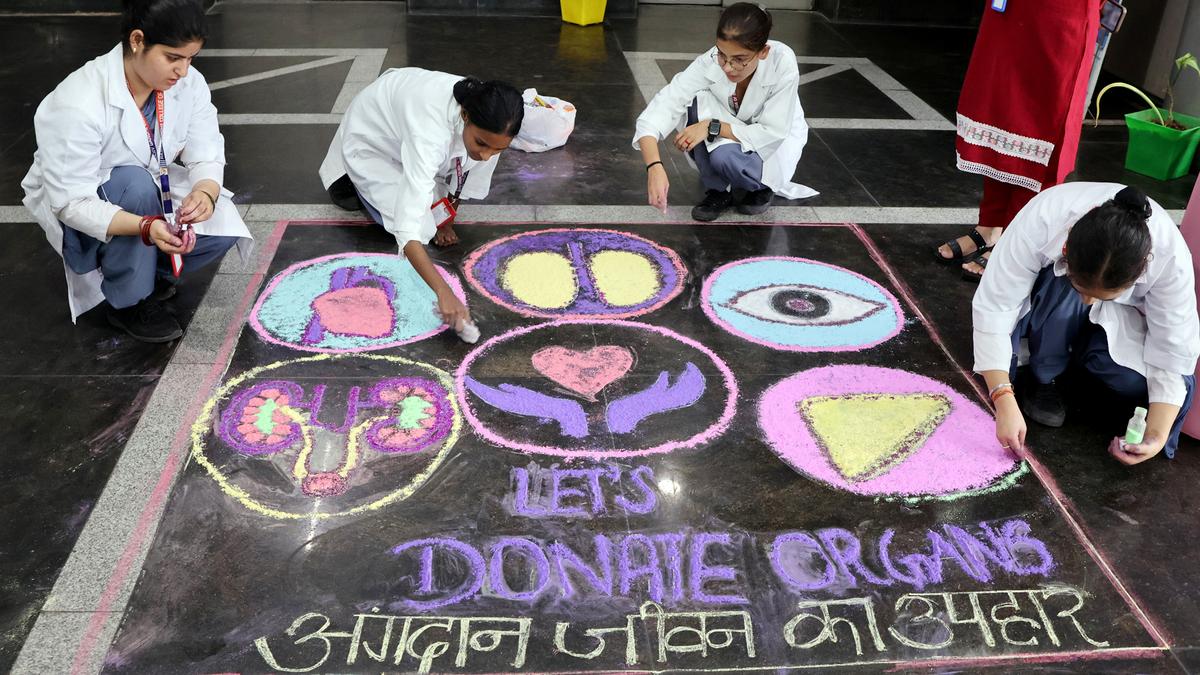
Quick Summary:
- Nursing students in Jammu created Rangoli art during Organ Donation Month, organized by the State Organ and Tissue Transplant Association (SOTTO), to spread awareness.
- The National Organ & Tissue Transplant Organisation (NOTTO) issued a 10-point advisory prioritizing women patients and relatives of deceased donors for organ transplants to address gender disparity.
- Allocation criteria for organs prioritize factors such as disease duration, severity, period on the waiting list, matching parameters (blood group, size), local utilization, and geographical proximity.
- Sence 2023, over 3.3 lakh citizens have pledged to donate their organs via Aadhaar-based NOTTO online pledge website; India performed a record of over 18,900 organ transplants in 2024.
- All transplant hospitals must mandatorily submit donor-recipient data to NOTTO’s national registry; non-compliance could lead to legal action.
- States were advised by NOTTO to create permanent posts for transplant coordinators at hospitals performing organ transplantation/retrieval and develop facilities at trauma centers and medical colleges in a phased manner.
- Greater clarity, equity, training emergency responders/ambulance staff for early identification of donors were emphasized as vital measures.
Indian Opinion Analysis:
The latest advisory from NOTTO reflects a significant step towards addressing long-standing challenges in India’s organ donation and transplantation space. Prioritizing women patients on transplant lists is an critically important measure aimed at tackling gender imbalance that has been observed historically.Coupled with India’s record-breaking numbers of organ pledges-over 3.3 lakh citizens-and nearly doubling transplants in recent years compared to the previous decade’s averages (less than 5k annually until 2013), this points toward growing public engagement with an otherwise overlooked issue.
Mandatory digital tracking through registries enhances accountability while reducing potential discrepancies across institutions nationwide. Efforts encouraging states not only improve physical infrastructure like retrieval centers but also train personnel for donor identification early-which could potentially save thousands more lives.
India still faces hurdles such as geographic disparities limiting access outside metro hubs or greater awareness among rural communities regarding ethical donations after death. These advisories serve as necessary steps forward but require strong implementation frameworks led by state governments alongside strengthened legal structures against possible non-compliance gaps.


